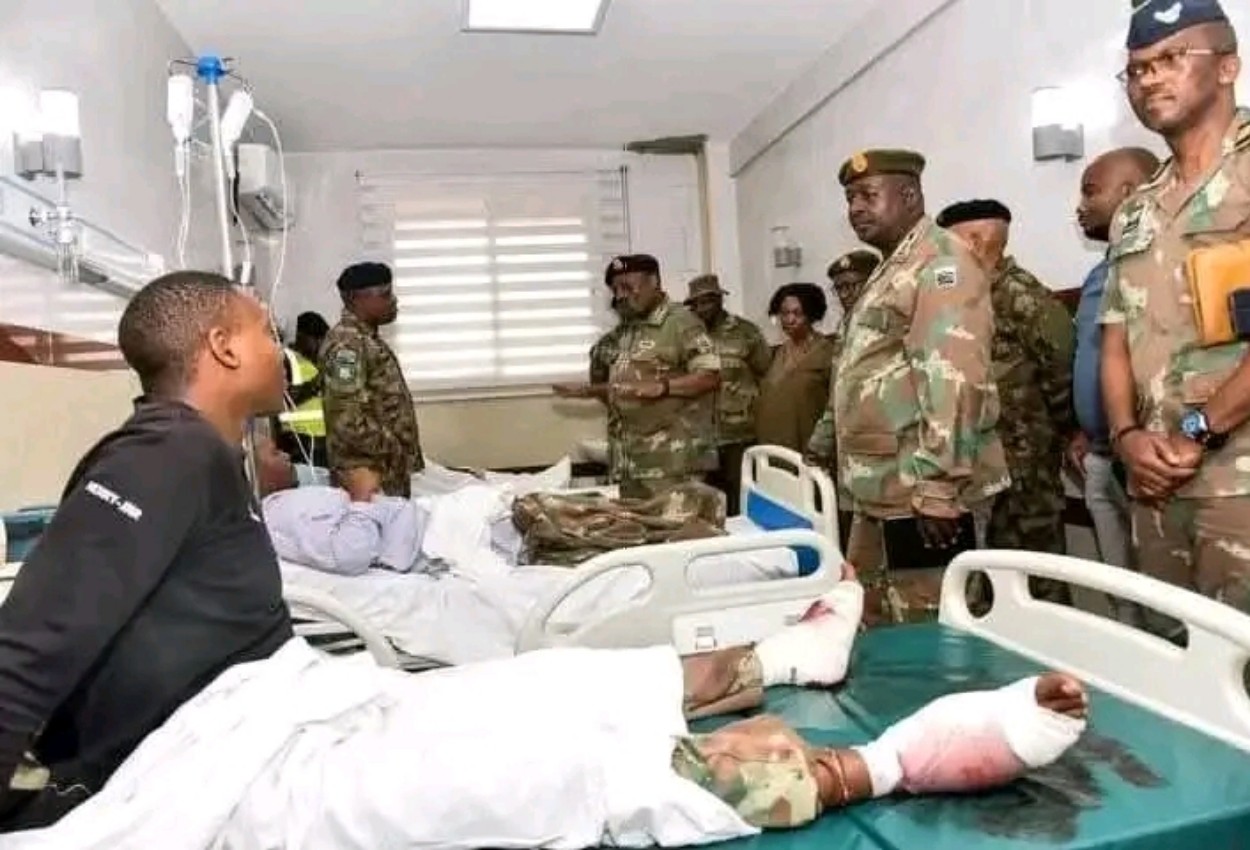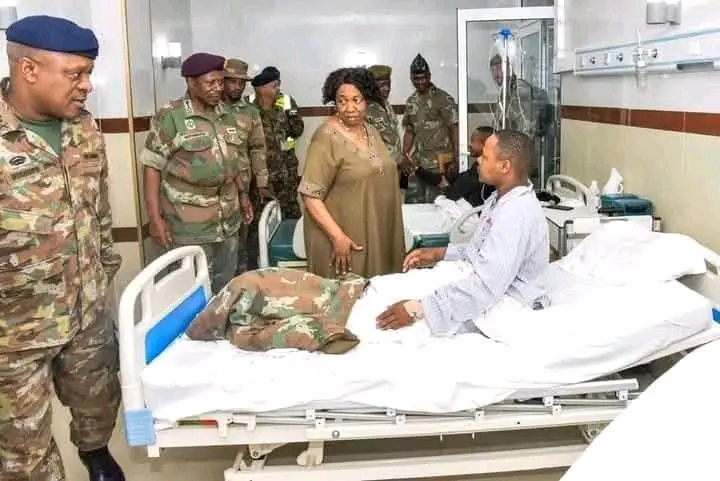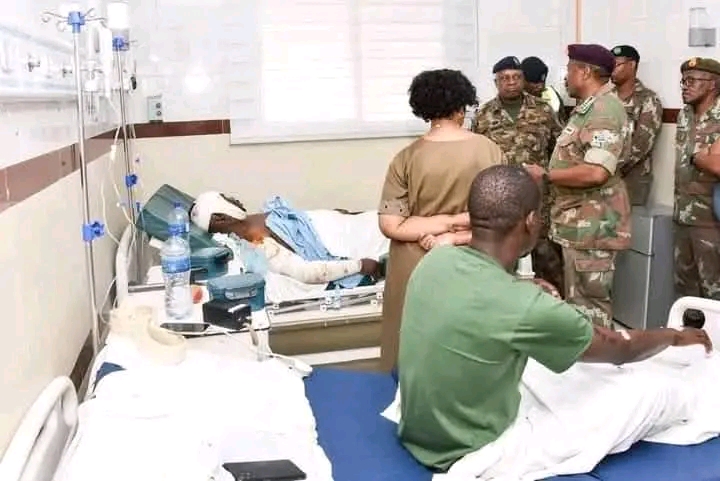Wave of Resignations Hits SANDF After Deadly M23 Clashes

The ongoing conflict in the Democratic Republic of Congo (DRC) has taken a toll on South African National Defence Force (SANDF) soldiers, with many choosing to resign after experiencing the brutal realities of war. One soldier vividly described the harrowing ordeal, saying that being under relentless gunfire felt like having their feet doused in petrol and set alight. This terrifying experience led the soldier to reconsider their role in the military, ultimately deciding to step away from service.
Speaking to the media, the soldier revealed another devastating loss—one of their fellow soldiers, who had been injured in the DRC, later succumbed to their wounds after returning home. The tragic incident further emphasized the severe risks faced by those deployed in conflict zones.

In recent months, the number of SANDF soldiers choosing to resign has surged, reaching a total of 683. Many of these soldiers have expressed gratitude for their time in service but have ultimately decided that returning home and living in peace is a priority. The growing number of resignations raises concerns about the morale and sustainability of South African forces deployed in high-risk missions.
The M23 rebel group, responsible for the attacks in the DRC, has been a persistent threat in the region, engaging in violent clashes with both local and international forces. SANDF troops have been deployed as part of peacekeeping efforts, but the intensity of the conflict has taken a heavy toll on the soldiers’ physical and mental well-being.


As more soldiers step away from active duty, questions arise regarding the future of SANDF’s involvement in the DRC. Military experts suggest that increased support, improved resources, and better psychological care may be necessary to prevent further resignations and ensure the well-being of those still serving.
This minimum requirement must end! The SANDF should recruit all South Africans, not just those with Matric and a driver’s license.
We have a crisis of youth unemployment, and many don’t even finish school. Why deny them a chance to serve their country? Let the army train them,… pic.twitter.com/JEowd6b2VL
— Ntokozo Masuku (@visse_ss) January 31, 2025
For now, the soldiers who have left express a common sentiment—they are thankful for their experiences but are eager to return to their families and lead lives free from the horrors of war.